Just two weeks ago, my family and I moved from the suburbs of Northeastern Ohio to a 12-acre property in the Ozarks. From even before we were married, my husband and I had dreamed of creating an off-grid, self-sustainable farm so that we could finally take responsibility for our own needs and teach others how to do the same. We had planned this crazy move for more than a year, and after months of waiting, it was amazing to finally be able to start living on our land.
After moving to the countryside, I’ve already noticed many things making life different from the city.
The early afternoon sun shone on the overgrown grass as the moving truck wearily lumbered up the hill. Our worldly possessions (save the oblivious gerbils and extremely displeased cat) were contained within its metal frame. Even though we were exhausted when we moved boxes and bed frames into the single-wide house, the feeling of excitement was palpable as we glanced over our shoulders. There, gilded in the setting sunlight were fields, trees, hills, and the barn. We were finally home.
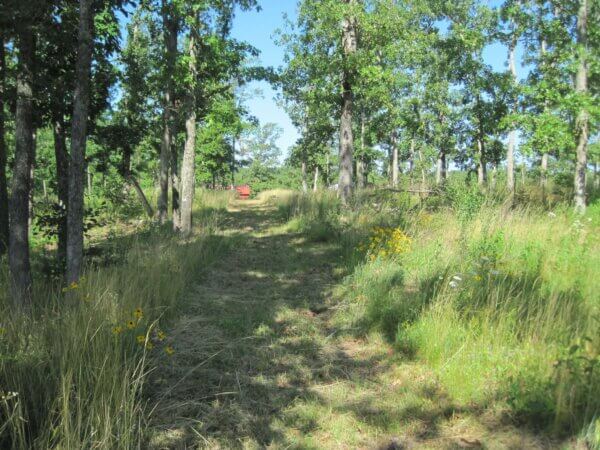
Contrasting greatly to our previous abode in the city, it was now time to figure out how to establish our homestead. We were happy to start the process of shifting our paradigms and learning a new way to live. Our urban sensibilities, career experience as teachers, and daily pattern of life were totally out of place in the country.
Our family had known there would be a lot to this relocation, so we had started practicing our new lifestyle well before we moved. Below are some of the things we noticed that helped us, so if you’re considering shedding your city skin and emerging as a muck-booted butterfly, this list will hopefully help!
Goodbye City Services
Moving to the country from the city carries a romantic notion, so rarely in this discussion do people mention all the perks that come from the city. In the rural areas, services like curbside trash pickup, tireless snow plows in the winter, and pizza delivery are quickly missed. These services available in the city are so accessible they are easily taken for granted, that is until they’re no longer available.
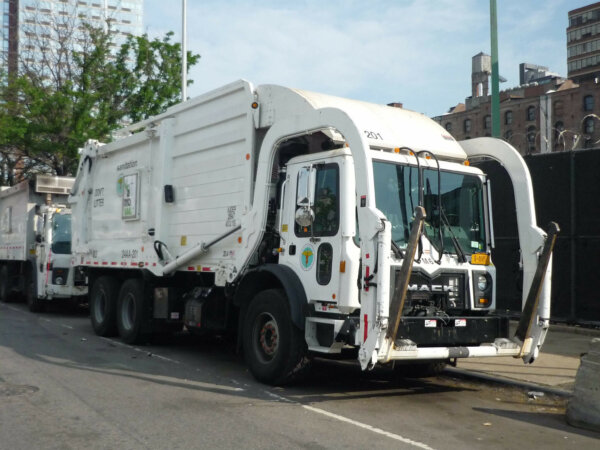
Our new homestead is in an unincorporated township. We are blessed with low taxes, but also face the reality that the Waste Management truck isn’t going to show up this Monday…or ever. For us, knowing that our new trash options consisted of either a burn barrel or hour-long trip to the city, had us practicing reducing our waste as much as possible before moving.
Our preparation mainly consisted of being very choosy about what we bought at the store. If it came in a package, we tried to avoid it. This turns out to be much easier said than done!
Hello Critters
I had formerly worked as a guide in a National Park, so wildlife is a perk for me. However, the sheer amount of life in the country would cause any city resident to hesitate. In the city, the wildlife largely consisted of sparrows, parking-lot seagulls, and my neighbor’s yappy Yorkshire Terriers. Getting a tick was also considered a rare, freak-out worthy event.
In contrast, when you’re living in a rural setting, there are coyotes, mice, bats, deer, groundhogs, armadillos, birds that sing early in the morning, and a plethora of moths. This doesn’t even take the local livestock into consideration!
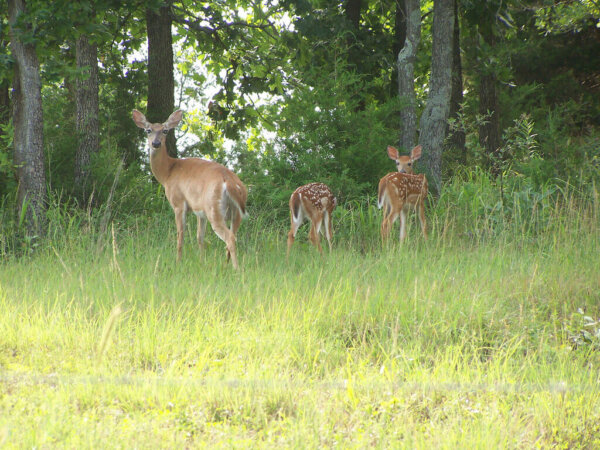
Even though it may scare some, the wildlife was a major reason for us to move into the country. We wanted to responsibly raise our own meat (chickens were not allowed in our former neighborhood), allow our kids to grow up with daily experiences in nature, and to have the opportunity to see native animals thriving. I will admit, even with these benefits, my daily tick check is taking some getting used to.
Going To The Store, No Longer 5 Minutes
Forgot to pick up organic kale and non-GMO miso for tonight’s dinner? In the city, forgetting something was no problem. Our local health food market was just about 15 minutes away, and my husband could stop by several times a week on his way home from work. In addition, if we didn’t like the selection at one store, there was another one just 5 minutes further down the road where we could compare prices.
Comparatively, in the countryside, this was no longer the case. As we settle into our homestead, yet to have our garden established, the grocery situation has certainly changed. We now find ourselves planning a weekly shopping trip to the store that is about 45 minutes away. If we forgot something, there was no turning back and we had to improvise.
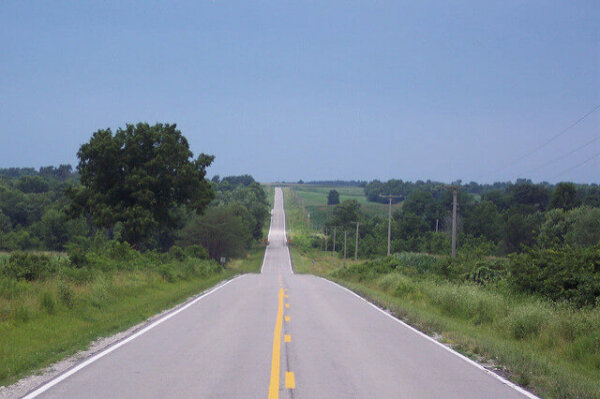
While we certainly appreciate the opportunity to strengthen our resourcefulness, it’s still a large shift from our former routine. Along with distance, the specialty items I used regularly, like garam masala or the tapioca boba from Chinatown, are now only available through an online order.
Neighbors
The feel of a rural community is entirely different from that of an urban neighborhood. Our urban neighborhood was ethnically diverse, loud, and you couldn’t ignore what was going on in the house next door (it was only 10 feet away). Now, we only see our neighbors when they drive past on the way to their 80-acre property. In town, many of the folks are wearing camo, overalls, or 2nd Amendment T-shirts.
Unfortunately for us, I’m sure that my husband and I still stand out as much to them as they do to us. Settling in will probably be a long process.
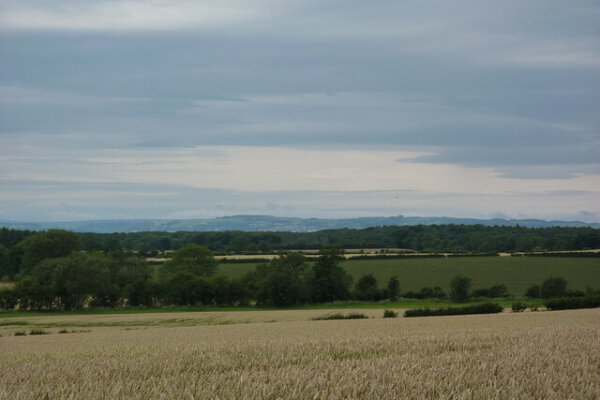
Though we like to pretend that appearances don’t matter, the fact of the matter is that we judge someone by how we view them. The first time we visited the town by our new home, we were both wearing flip-flops. My husband had plaid shorts and a button-down, while I wore a skirt with our infant in a baby sling. I’m pretty sure are clothes were screaming “city-slickers!”
Similarly, someone from the city may be inclined to see a country person and immediately categorize them based on how they appear in contrast to themselves. Their paint-streaked, torn clothing, dirty fingernails, and slow tractor driving may lead the urban-minded to assume that these folks are simple or uneducated. However, in reality, we have figured out that in nearly every case nothing could be further from the truth.
We realize we are very new to everything in the country and will need to depend on the wisdom and experience of our neighbors. Knowing our need for experience, when we met with a neighbor to buy some raw milk and he invited us into his home, we entered without hesitation. After a very pleasant half-hour conversation, we left with a future dinner invitation and a friend who will be a helpful resource in the months to come!
The Solitude
The city is awash with people and the things they create. In the city, there are specialty shops, a variety of grocery stores, street festivals, Mommy-and-Me play groups, story circles, and coffee shops. Nearby traffic is loud and the constant presence of your neighbors creates a buzzing backdrop that, for me, makes it seem like you’re never alone.

In the country, that changes. While there are many opportunities for people to get together (like going to the Farmers’ Market on Wednesday), that throbbing ambiance of humanity is replaced by dazzling nights, quiet roads, and crickets. In addition, having left our families back in Ohio, we moved to an area where we don’t know anyone. We are starting from scratch, both physically and socially.
If you see this part of the journey coming in advance, I encourage you to establish strong ties with supportive individuals now. Even if you don’t feel like there are any friends or family who “get” what you’re trying to do by leaving the city, the homesteading community online is one of the kindest and most helpful places I’ve ever found (and my husband and I have certainly benefited from their combined knowledge).
Having even just a few individuals to contact, whether through text, e-mail, or a letter, can fill that social vacuum while you figure out your place in your new country setting.
So, Is It Worth It?
Though there are certainly more challenges ahead for us, taking the time to research and “practice” our country life beforehand certainly softened the culture shock. Even so, I’m sure that if I were to rewrite this article 2 or 3 years in the future, I might laugh at what I have yet to realize. The transition will be gradual, but we are excited to be on this journey. I’m sure we will have plenty of humbling learning experiences in the future as well.
Challenges aside, it’s all worth it because we are able to hear a chorus of birds in the early morning, smell the aroma of wildflowers in the hot summer wind, and watch our young son explore an area bigger than a postage stamp. These experiences make our move worth it, a hundred times over. We look out over our land and finally see the opportunity to live the self-sufficient life we’ve dreamed of.
So if you don’t mind, I’m going to throw on my boots and head outside for now. There’s a 12-acre classroom waiting for me outside, and I have no idea what I’m going to learn next.









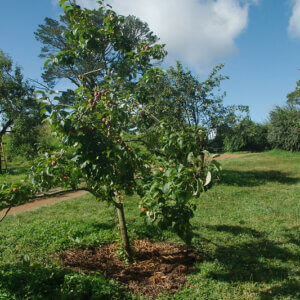



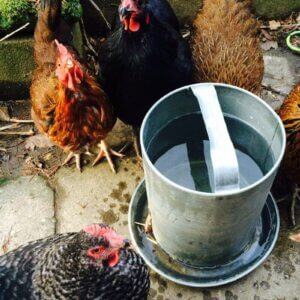
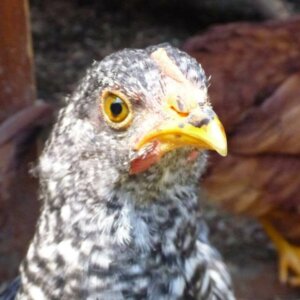



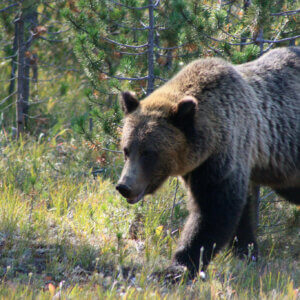


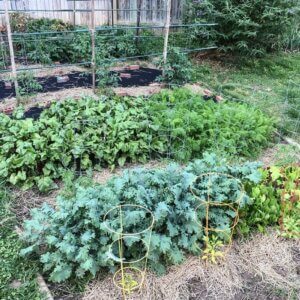






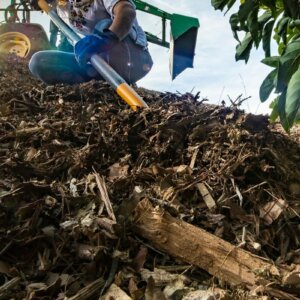


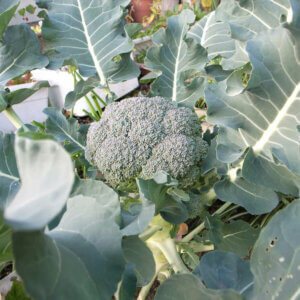








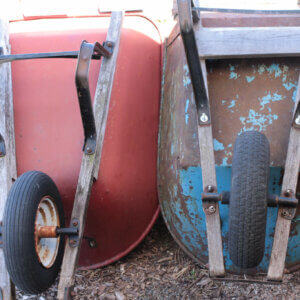
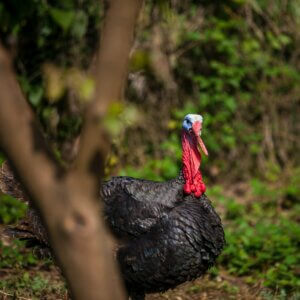
The learning curve is steep and takes many years. Going into a rural area from the city mentality is difficult for some to adapt to. The one thing to always remember in my experience is I am the newbie, the one who will have to adapt to the way of life that is loong established. Learning this means that I throw out my desire for things to be the way I was used to being adopted by my neighbors. It means not getting the jokes, it means that I am the one who needs to be patient because things move slower, it means I don’t understand why they do this (what seems to me to be the hard way), when in the end it is the better way really. Your language will be different, the way you state your mind, your thought patterns, your sentence structure. You will sound like a book educated farmer wanna-be. And guess what that is really what you are! Just accept it and grow with it.
But be patient, patient, patient, you will become a part of the community in time and all of this will become part of who you are and you will never want to leave again. I know, for 40 years ago I married a “native” but now no one even remembers that I came from “somewhere else”. I am accepted as “one of them” What an honor! What a treasure! What a gift!
Helen, this may be one of the most thoughtful and thorough comments I’ve ever gotten. Thank you for sharing your insights and experience. This newbie “book farmer” is looking forward to finally getting to that point, years down the road, where I can help contribute to my neighbors’ lives and conversations as they have contributed to ours. It will truly be a precious day!
You might want to consider guinea hens for tick control.
https://www.youtube.com/watch?v=PXfEEf8B5j8
Dawn–we are actually getting our first guinea keets TODAY. The chickens have been helping, but we’re excited to have the guineas’ unique abilities on our land. Thanks for the tip!